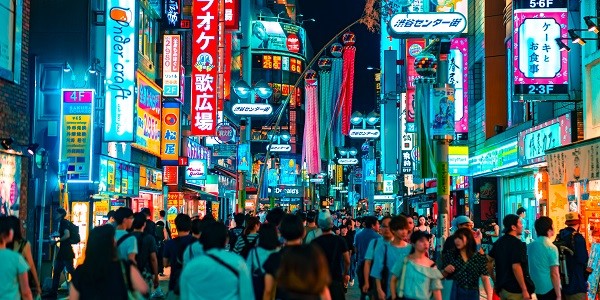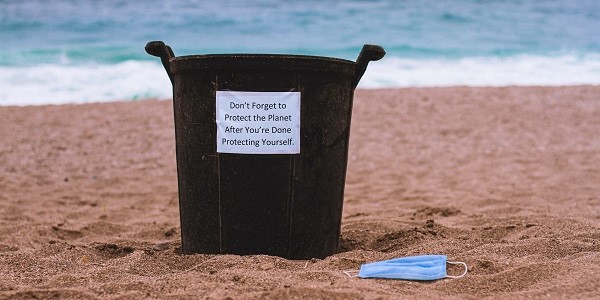2022-23 Winners

Entrants to the 2022-23 Global Sustainable Development (GSD) Competition answered one of the following questions:

Do you need to be rich in order to be sustainable?

Some commentators believe that 2022 could be the year the COVID-19 pandemic comes to an end. What long-lasting impacts do you think the pandemic might have on sustainable development?
What do you think is the main barrier to achieving sustainable development at present, and how can this be overcome?
This year we received an eclectic mix of entries from across the world! Our judging panel reviewed the submissions, selecting the shortlist and the winner. The shortlisted entrants were invited to a virtual event in September 2023. The event involved an interactive discussion around global sustainable development and we announced the commended entries, the runners-up, and the winner of the competition. Read more in our news item.
Find out about the 2022-23 winners and what the judging panel thought of their entries:
Winner
Okene Oghenemaro
Submission type: Video Podcast - Poem
This original poem is engaging; it is an insightful reflection about Okene's country Nigeria, describing environmental issues and challenges in a clear manner. A personal reflection is also presented, embedded into the narrative of the declamation. Okene's engagement in the presentation of this poem was wonderful, rhythmic, and full of passion. This year's committee unanimously selected Okene's work as the winner of the 2023 GSD competition.
Highly Commended Essay Submissions
Hasan Ahmed
Hasan delivered an excellent essay. A work which focuses on the city of Birmingham, demonstrating through clear arguments and evidence how inequalities are growing and are posing challenges to sustainable development in one of the most important metropolitan areas in the UK. Hasan's effective use of relevant evidence and its analysis supported key arguments in this work.
Yuzhe Oh
Yuzhe presented an interesting analysis on the challenges in sustainability and development observed in the area of Canary Wharf in London. The identification of these challenges was presented from an original perspective to sustainable development. Yuzhe's essay is excellent, very well structured around a clear topic and question, and engaged in critical analysis of evidence to build an argument.
Juan Jose Bestene
Juan Jose analysed persistent inequalities in modern societies. An original work which unveils deep issues embedded in social inequalities, and how these inequalities create challenges to achieve sustainable development. Juan Jose shows critical engagement and independent thought, in an analysis which goes beyond the analysis of correlations. An excellent essay.
Raquel Berry
In this essay, Raquel explores the relationship between air pollution and its impact on human health, its economic cost, and its negative effect in productivity and sustainability. This excellent essay is very well presented, providing insights of those effects within the local community in Leicester, a well defined case study. The analysis is original, focused on an interesting case study, and clearly defined.
Highly Commended Creative Submissions
David Ohiani, Momoreoluwa Afolabi, Oluwatamilore Oyekan
Submission type: Video commentary
In this video commentary, David, Momoreoluwa and Oluwatamilore presented a very original analysis on the differences in problems related to reaching sustainable development between two case studies: Nigeria and Singapore. Although comparative case studies between developing and developed economies are common in the literature, the authors provide very interesting insights on Nigeria and an unique inter-disciplinar approach to the analysis and proposed responses.
Reina Piparaiya
Submission type: Photograph with commentary
This is a very original and powerful commentary. Reina explores the meaning of sustainable development to local fishing communities in South Mumbai, India, portrayed in the photograph. These reflections lead to defining challenges in terms of sustainable development these communities face. Reina engaged in the critical analysis of social and environmental issues. This commentary is not only academic but also emotional, building empathy to these communities.
